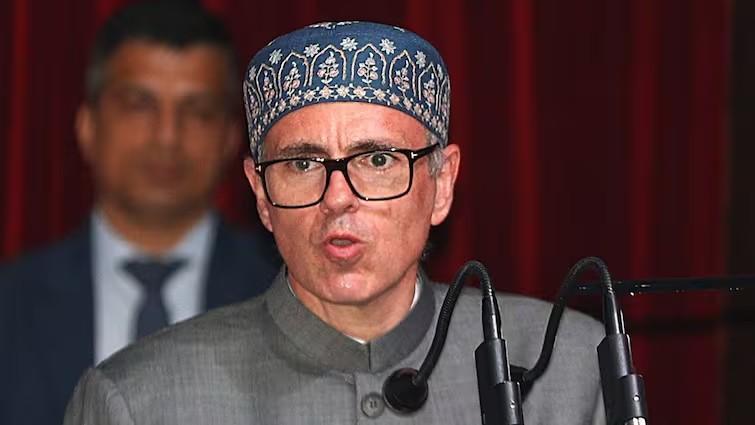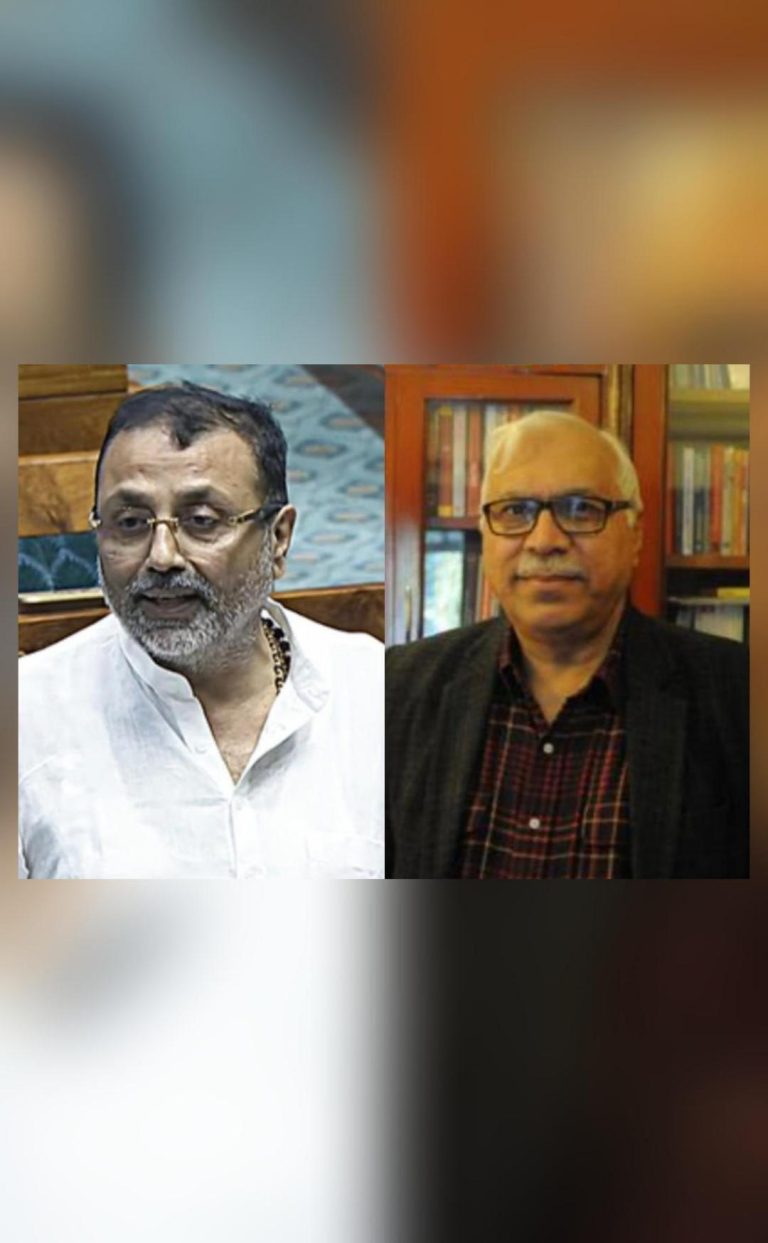
Normalcy in J&K post Art 370 abrogation is forced, not organic: CM
The abrogation of Article 370 has been a monumental shift in the political landscape of Jammu and Kashmir. Since the August 2019 move, the region has seen a significant change in the way it functions. The Centre has been keen to paint a picture of normalcy, but the reality is far from it. Jammu and Kashmir Chief Minister Omar Abdullah has recently spoken out against the forced normalcy in the region, labeling it as not organic.
In a recent statement, Omar Abdullah said that the normalcy in the region following the abrogation of Article 370 was “forced” and not organic, as claimed by the Centre. He emphasized that if the normalcy was indeed organic, then nothing like it would have been seen before. However, if it was driven by fear, then there was a problem. Abdullah went on to say that people didn’t believe that the normalcy was organic.
For those who may not be aware, Article 370 was a constitutional provision that granted special status to Jammu and Kashmir. It was a unique provision that allowed the region to have its own constitution, flag, and even its own laws. The abrogation of Article 370 was a major move by the Centre to integrate Jammu and Kashmir fully with the rest of the country.
Since the abrogation, the region has seen a significant increase in security forces deployment. The Centre has been keen to portray the move as a progressive step towards integration and development. However, many have raised concerns about the forced normalcy in the region. The security forces deployment has led to a significant increase in restrictions on the movement of people, and many have been detained without charge.
Omar Abdullah’s statement is a stark reminder that the normalcy in Jammu and Kashmir is far from organic. The region has been under a strict security blanket since the abrogation of Article 370, and the forced normalcy is a result of this heavy-handed approach. The Centre’s claim that the move was necessary to ensure peace and stability in the region is being questioned by many.
The forced normalcy in Jammu and Kashmir has also led to a significant increase in human rights violations. The security forces have been accused of using excessive force, and many have been injured or killed in clashes. The Centre’s move to abrogate Article 370 has been criticized by many, including human rights organizations and opposition parties.
The forced normalcy in Jammu and Kashmir is also having a significant impact on the economy of the region. The Centre’s move to integrate the region with the rest of the country has led to a significant decline in tourism. The region was once a popular tourist destination, but the current situation has seen a significant decline in visitors. The local economy is also struggling due to the lack of employment opportunities.
In conclusion, Omar Abdullah’s statement is a stark reminder that the normalcy in Jammu and Kashmir is far from organic. The Centre’s move to abrogate Article 370 has led to a forced normalcy, which is having a significant impact on the region. The Centre needs to revisit its approach and ensure that the normalcy in the region is indeed organic, rather than forced.




